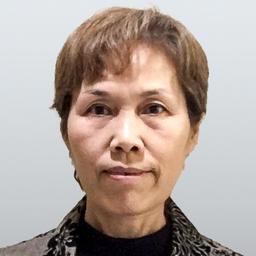The harsh zero-tolerance policy designed by the ruling Chinese communist regime to eradicate the COVID-19 outbreak seems to have made China a burden, dragging down the economic recovery of the world.
Tang Jingyuan, a current affairs commentator with many years of clinical medical experience, told the Chinese edition of The Epoch Times that the Chinese Communist Party (CCP) has been competing to be dominant and a voice in international society, and in epidemic prevention policy, now that it is obsessed with portraying China as the beneficiary of its harsh move.






